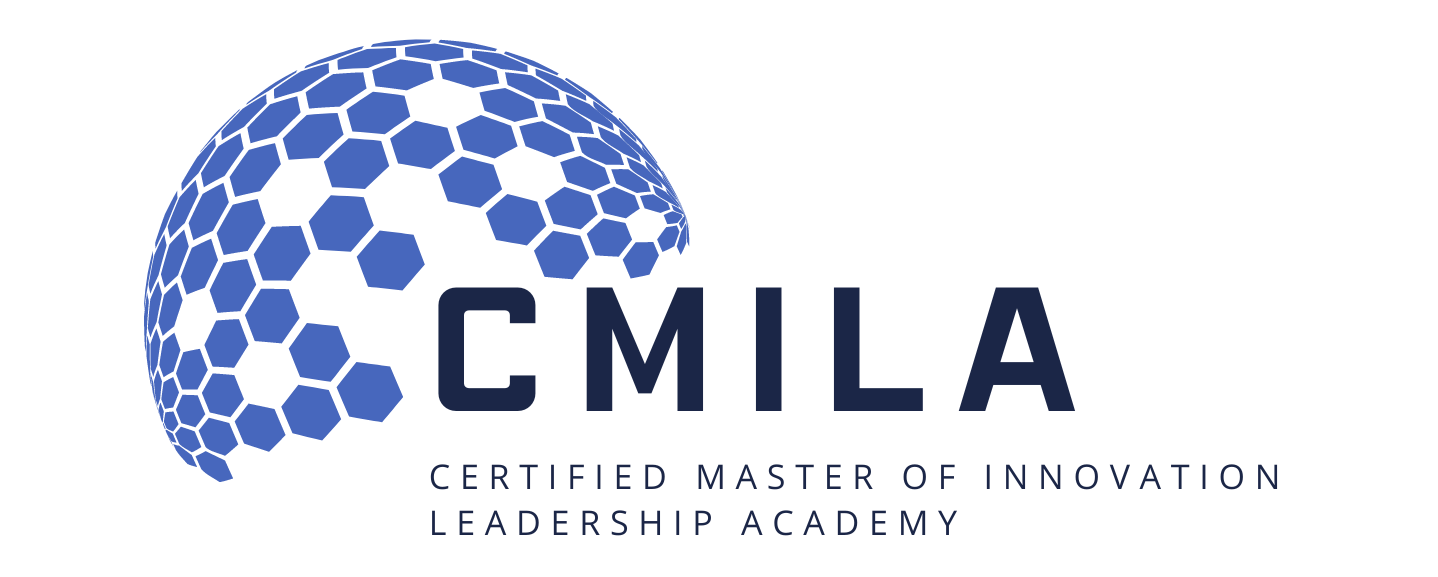Certified Innovation Leadership Coach (CILC)
The Certified Innovation Leadership Coach (CILC) Certification Course by Tonex is designed for professionals seeking to enhance their leadership skills and drive innovation within their organizations. This comprehensive course covers key concepts, strategies, and practical techniques essential for effective innovation leadership coaching.
Learning Objectives:
- Gain a deep understanding of innovation leadership principles.
- Develop advanced coaching techniques to foster innovation within teams.
- Acquire skills to identify and capitalize on emerging opportunities.
- Enhance communication and collaboration for innovative outcomes.
- Implement strategies for managing resistance to change in the innovation process.
- Attain the necessary knowledge to guide organizations through successful innovation initiatives.
Audience: This course is suitable for mid to senior-level managers, executives, and professionals from diverse industries who aspire to become certified innovation leadership coaches. Ideal for individuals seeking to propel organizational innovation and drive sustainable growth.
Course Outline:
Module 1: Introduction to Innovation Leadership Coaching
- Overview of Innovation Leadership
- The Role of Coaching in Innovation
- Principles of Effective Innovation Leadership Coaching
- Historical Perspectives on Innovation Leadership
- Understanding the Innovation Ecosystem
- Ethical Considerations in Innovation Coaching
Module 2: Coaching Techniques for Innovation
- Coaching Models for Innovation Leadership
- Tailoring Coaching Approaches for Innovation Teams
- Case Studies on Successful Innovation Coaching
- Integrating Design Thinking in Coaching
- Feedback Mechanisms in Innovation Coaching
- Continuous Improvement in Coaching Strategies
Module 3: Identifying and Capitalizing on Opportunities
- Tools for Opportunity Assessment
- Trend Analysis and Forecasting
- Innovation Scanning Techniques
- Market Research Strategies for Innovation
- Opportunity Mapping and Prioritization
- Risk Assessment in Pursuit of Opportunities
Module 4: Communication and Collaboration for Innovation
- Effective Communication Strategies in Innovation Leadership
- Building a Collaborative Culture for Innovation
- Leveraging Technology for Communication in Innovation Teams
- Cross-Functional Collaboration Techniques
- Communication Challenges in Innovation and Solutions
- Communicating Innovation Vision and Strategy
Module 5: Managing Resistance to Change
- Understanding Resistance in the Innovation Process
- Identifying Sources of Resistance to Change
- Strategies for Overcoming Resistance to Innovation
- Creating a Culture that Embraces Change
- Change Management Models in Innovation
- Adaptive Leadership in the Face of Resistance
Module 6: Guiding Successful Innovation Initiatives
- Creating and Implementing Innovation Roadmaps
- Key Components of a Successful Innovation Initiative
- Measuring and Evaluating Innovation Success
- Metrics and Key Performance Indicators (KPIs) for Innovation
- Identifying and Addressing Barriers to Implementation
- Navigating Challenges in Scaling Innovation Initiatives
Overview of the Certification Process:
- Familiarize yourself with the prerequisites, if any, for taking the exam.
- Review the certification roadmap to understand the different levels of certification offered (e.g., Foundation, Advanced, Expert) and the requirements for each level.
- Identify the benefits of obtaining the certification for your career and professional development.
Details of the Exam:
Format: Multiple-choice, scenario-based, practical exercises
Content Areas: Review the exam blueprint or syllabus to identify the specific topics and knowledge areas covered in the exam. This will help you focus your study efforts on the most relevant content.
Passing Score: Understand the minimum passing score required to achieve certification and aim to exceed this threshold during your preparation.
Study Resources: Identify recommended study resources, such as certification manual, study guides and practice exams, to help you prepare effectively for the exam.
Exam Sample Questions:
- Practice with sample questions to familiarize yourself with the exam format and assess your readiness.
- Analyze each question carefully, paying attention to key details and any clues provided in the question stem or answer choices.
- Practice time management by setting aside dedicated study sessions to complete sample questions within the allotted time frame.
- Review your answers and explanations for correct and incorrect responses to identify areas for improvement and further study.
